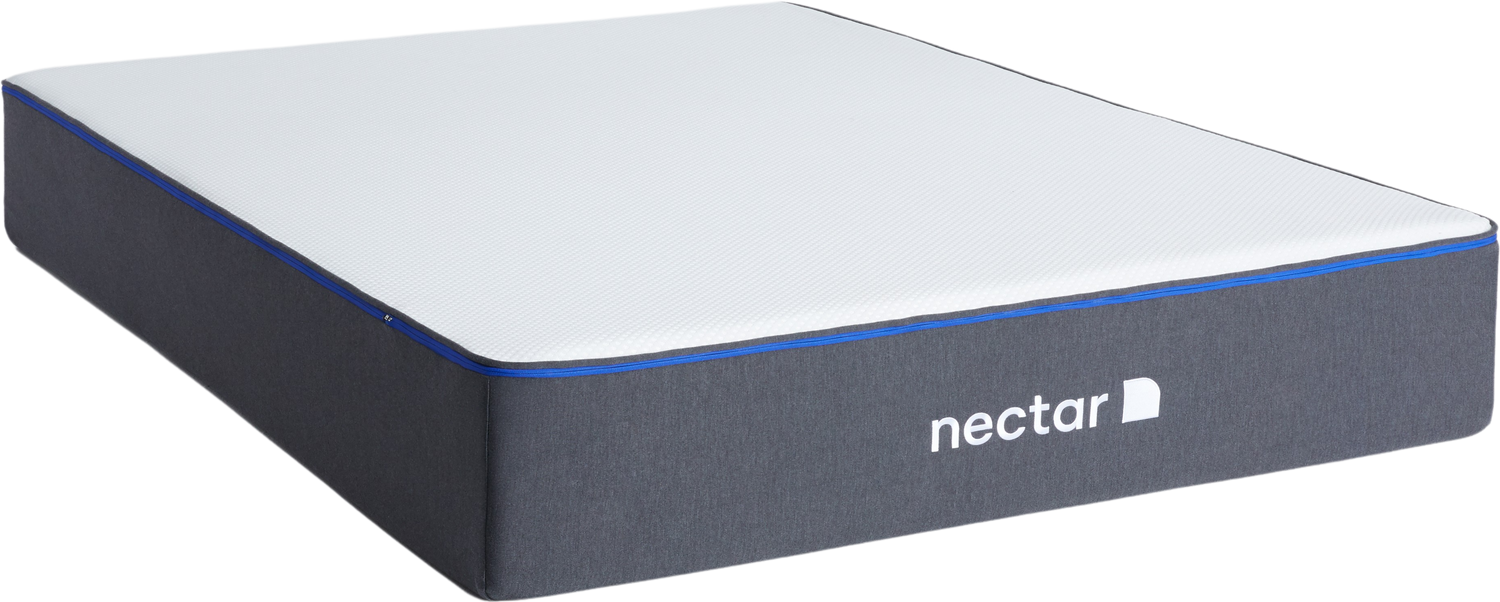The Real Culprit? My Mattress.
Here’s the thing: I honestly thought I was doing everything right.
I’d always heard that a firm mattress is better for your back, so that’s exactly what I bought. Sturdy. Supportive. Rock solid.
I thought “firm” meant “healthy.” But in reality? My old mattress was so hard it could’ve doubled as a dining table.
It didn’t give an inch. My hips had nowhere to go, my shoulders took all the pressure, and my spine spent the night trying to twist itself into a comfortable position. Spoiler: it failed.
We love to say that firm mattresses are “good for your back,” but it actually depends on your sleeping position. For side sleepers like me, too much firmness stops your body from sinking naturally into alignment. The result? An overworked, grumpy lower back.
The Aha Moment
Funny enough, my lightbulb moment didn’t happen in bed — it happened on the sofa.
One night, I was watching TV, got far too comfy, and accidentally fell asleep there. (Don’t do that — your neck will hate you.)
But when I woke up the next morning, I noticed something surprising: my back pain was milder. Still there, but nowhere near as bad.
And that’s when it clicked.
If one night on the sofa felt better than eight hours on my expensive “orthopaedic” mattress, maybe the mattress wasn’t helping me at all. Maybe it was the problem.
Enter: My Nectar Mattress
After one too many groggy mornings, I decided to finally do something about it. I read reviews, compared options, and landed on Nectar.
I was nervous — what if it made no difference? But honestly? It changed everything.
The first night on my Nectar mattress, I felt that glorious balance I didn’t know I was missing: soft enough to let my hips sink in, but supportive enough to keep my spine straight.
No dead arms, no pressure points, no more twisting around looking for a position that didn’t hurt.
Within a few nights, my morning back pain had practically vanished.
And now? I wake up feeling… normal. Which might not sound glamorous, but if you’ve ever lived with constant back pain, you know “normal” feels like winning the lottery.
Why Firm Doesn’t Always Mean Better
If your back hurts after waking up, the solution isn’t always a harder mattress. What your back really needs is proper alignment — that sweet spot where your body is supported and cushioned.
Here’s the difference:
-
A mattress that’s too firm keeps your hips and shoulders from sinking naturally, twisting your spine out of line.
-
A mattress that’s too soft lets your lower back sag, creating strain.
-
The right mattress adapts to you, keeping your spine supported in its natural curve all night long.
Why Nectar Got It Just Right
Nectar’s memory foam layers are designed to contour perfectly to your body — supporting where you need it, softening where you don’t.
It doesn’t matter if you sleep on your side, back, or move around a lot — it adjusts to you.
It’s breathable, cool, and somehow manages to feel both cosy and weightless at the same time.
And with a 365-night trial and a Forever Warranty™, it’s basically risk-free.
I wish I’d made the switch sooner.
What I’d Tell Anyone Waking Up With Back Pain
Before you book another physio session or start Googling “back exercises at 2 a.m.” (been there), take a long, honest look at your mattress.
Lie down. Feel where your weight goes. Are your hips sinking in naturally, or does it feel like you’re lying on a plank?
Because if your mattress is too hard, no amount of stretching will fix what’s happening while you sleep.
The Bottom Line
I spent months thinking something was wrong with my body. Turns out, it was my mattress — too firm, too unforgiving, and too old.
Now, thanks to Nectar, I wake up pain-free, rested, and genuinely excited for bedtime again.
So, if your back hurts after waking up, don’t ignore it. Sometimes, the fix isn’t more physio, it’s a better mattress.
Because life’s too short to wake up sore — and far too precious not to sleep well.
This blog post is for informational purposes only and does not constitute medical advice. If you have concerns about your sleep, health, or wellbeing, please consult your GP or a qualified healthcare professional. The views expressed in this post are those of the author and are intended to share general insights, not to diagnose or treat any condition.




